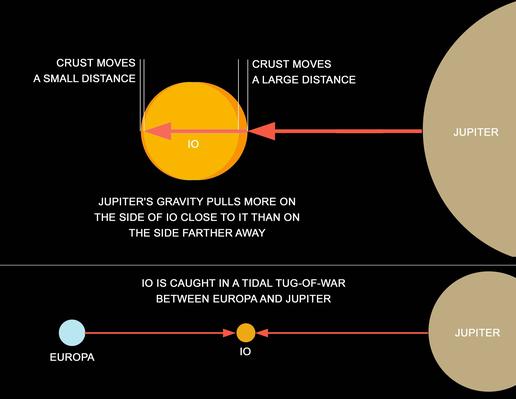Slightly spoilers here, but in the novel The Three-Body Problem, there's a scene in which Civilization #184 is destroyed by the stacked gravitational attraction of the planet's (aptly named Trisolaris) three suns.
This destruction is portrayed as things (like a sword) suddenly getting lighter, and people and buildings starting to float up in the air, as the atmosphere of the planet is being sucked into the three aligned suns. This is explained as being a "Trisolar Syzygy".
However, I don't understand how that is possible. As I understand it, a syzygy happens in any sort of gravitational alignment of some astronomical bodies, and it's apparently what generates the tidal variation on the earth from the moon's orbit. But would the tidal forces be enough to cause this effect?
In the novel, the planet is in the Alpha Centauri system, which may have a planet in the habitable zone, and is an actual trinary system. Could such an astronomical event actually cause some effect like that in this situation?
I'm asking this here because I thought it wouldn't fit in the Science Fiction Q&A, as I'm more interested in the astronomical side of it, but I'd appreciate a pointer if I don't need to ask this here.
